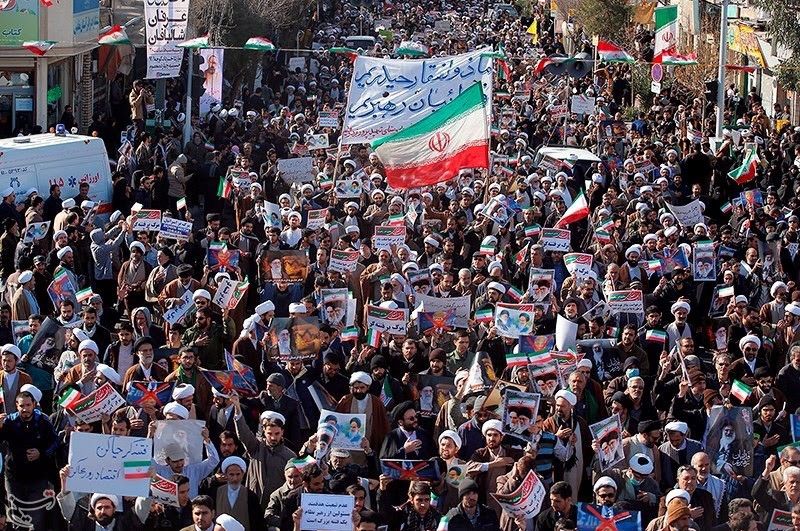January 05, 2018
In your Tuesday edition of Signal, Alex Kliment wrote about ongoing protests in Iran. A few more thoughts on this subject.
Two factors driving the protests might surprise you: The nuclear deal and government transparency.
First, the nuclear deal raised expectations in Iran that years of sanctions and hardship were over. But…
- Most of the post-deal financial gains have gone to boost Iran’s oil production, not the well-being of ordinary citizens.
- Oil prices are at $67 per barrel this week, down from $115 in 2014. Given the supply swell enabled by technological advances in production, we may never again see $100 oil.
- Iran still faces some sanctions, and threats of new penalties block foreign investment.
Second, President Hassan Rouhani’s drive for greater transparency has given citizens a closer look at what’s in the government budget. They see…
- sharp cuts in subsidies that will make food and fuel more expensive
- a 40% cut to the government’s cash transfer program, which will see more than 30 million people lose their coverage
- more money for an aggressive foreign policy.
Why, the protesters ask, aren’t Iran’s leaders directing cash toward those who need it most? Reform of subsidies becomes necessary in every developing country, but dashed expectations and new hardships are a combustible combination. Rouhani has moved forward with belt-tightening before most of Iran’s people have seen much benefit from his presidency.
It’s especially hard to forecast the intensity and stamina of a protest movement that lacks central leadership, but unless something dramatic and unexpected happens, this one poses little threat to Iran’s leaders. If necessary, the Supreme Leader will order a crackdown, and security forces will follow orders.
But this is another challenge for leaders who still base their legitimacy on a revolution (in 1979) that fewer and fewer Iranians are old enough to remember.
More For You
- YouTube
Gotta maximize sleigh-holder value. #PUPPETREGIME
Most Popular
- YouTube
On Ask Ian, Ian Bremmer breaks down the steady escalation of US pressure on Venezuela and why direct military action is now a real possibility.
US President Donald Trump arrives to announce reciprocal tariffs against US trading partners in the Rose Garden of the White House in Washington, DC, USA, on April 2, 2025.
POOL via CNP/INSTARimages.com
From civil conflicts to trade wars to the rise of new technologies, GZERO runs through the stories that have shaped this year in geopolitics.
Ukrainian serviceman walks near apartment buildings damaged by Russian military strike, amid Russia's attack on Ukraine, in the frontline town of Kostiantynivka in Donetsk region, Ukraine December 20, 2025.
Oleg Petrasiuk/Press Service of the 24th King Danylo Separate Mechanized Brigade of the Ukrainian Armed Forces/Handout via REUTERS
Ukrainian intelligence services assassinated a senior Russian general on the streets of Moscow on Monday, detonating a bomb strapped to his car.
© 2025 GZERO Media. All Rights Reserved | A Eurasia Group media company.
